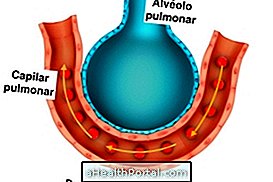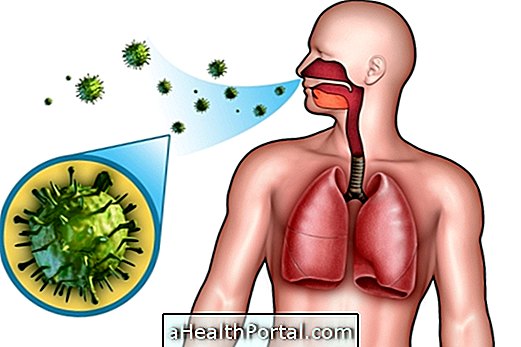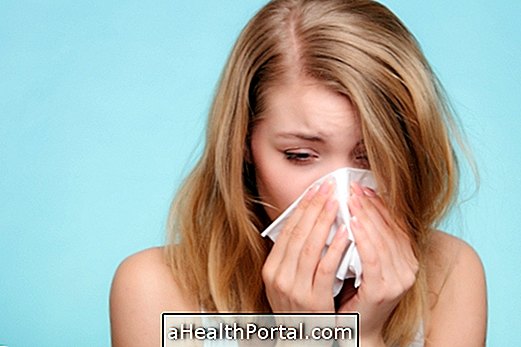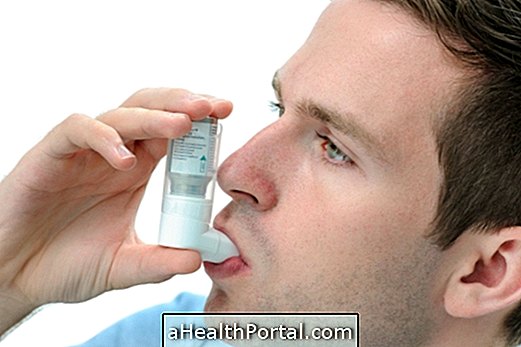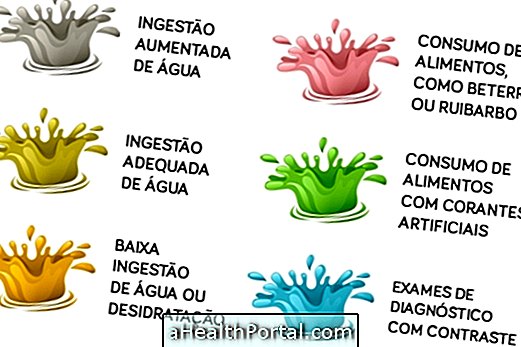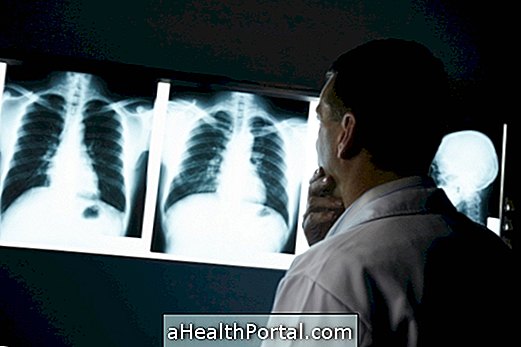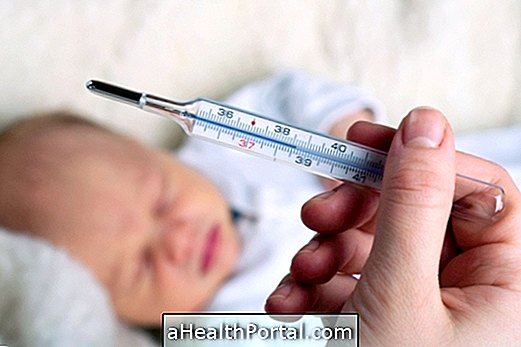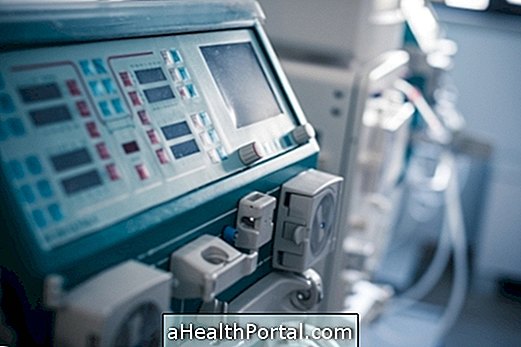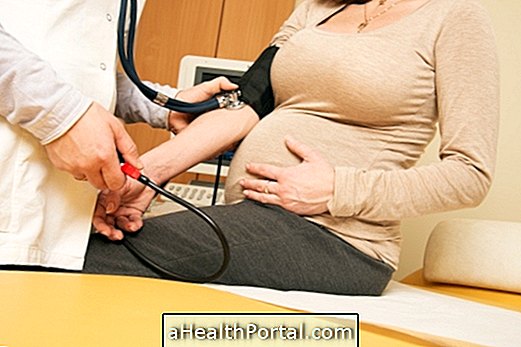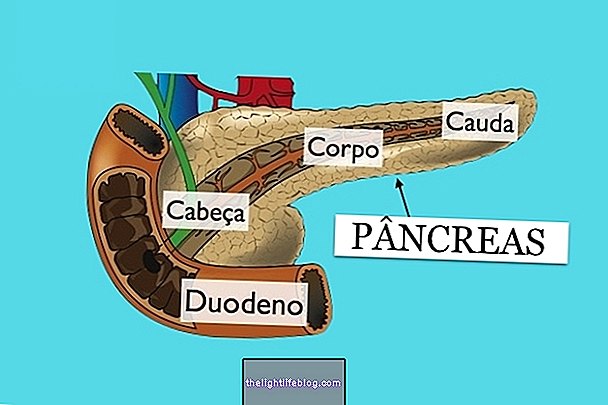Treatment of bacterial pneumonia is usually done in the hospital with the use of antibiotics prescribed by the pulmonologist, such as azithromycin, ceftriaxone or levofloxacin, for example for about 3 to 7 days, but may be extended to 15 or 21 days, according to the state of health of the individual.
When the disease is diagnosed early on and the doctor discovers that the cause is a bacterium and that it was acquired outside the hospital, treatment can be done in the hospital for 3 days and if there are signs of improvement, the doctor can let the person end treatment at home.
Recognize the symptoms and microorganisms involved here.
In cases of severe bacterial pneumonia, which mainly occurs in individuals with HIV, the elderly and children, it may be necessary for the person to be admitted to the hospital to receive the antibiotics through the vein. In addition, in these cases, respiratory physiotherapy may be required to help remove secretions and improve patient breathing. Some may have to be breathing with the help of appliances.
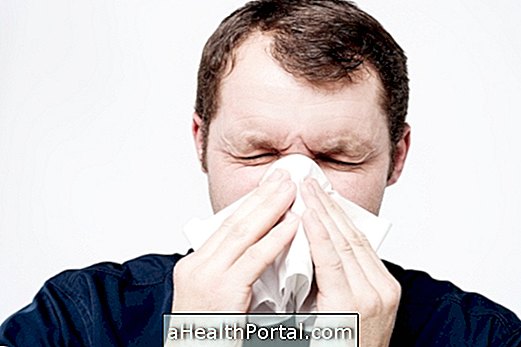
Bacteria can reach the lung causing bacterial pneumonia in cases where the person is already hospitalized and contaminated at the sites of access to the veins or aspiration of the contents of the stomach into the lungs, for example. However, this disease may also start outside the hospital.
There are greater risks of people who are very weak and with compromised immune systems develop this type of pneumonia and so in case of suspicion the doctor may request x-ray of the lung and antibiogram to identify the disease and which is the causative bacterium.
Pneumonia Remedies
The doctor can decide the indicated medicines after knowing which bacterium is causing the pneumonia. You can choose only one type of antibiotic or a combination between them.
Antibiotics that may be indicated are beta-lactams, cephalosporins, quinolones, and carbapenems, such as Penicillin, ampicillin, chloramphenicol, ceftriaxone, vancomycin, and nafcillin.
Care during treatment of bacterial pneumonia
If the doctor recommends that the treatment be done at home, some care should be taken, such as:
- Avoid going to work or, in the case of children, to school;
- Keep the home at home, avoiding making efforts;
- Take about 1.5 to 2 liters of water per day;
- Wear appropriate clothing to the season;
Avoid sudden changes in temperature.
Bacterial pneumonia does not spread from person to person, so the patient does not need to be isolated from other people, but it is important to avoid contact with others to facilitate their own recovery.
Here's how eating can help with this video:

Signs of improvement
Signs of improvement in bacterial pneumonia include decreased fever, coughing, and catarrh, as well as reduced shortness of breath and difficulty breathing after the onset of medication prescribed by the physician.
Usually there are signs of improvement in 3 days, but the doctor may decide to keep the person hospitalized for up to 3 weeks to make sure he or she is okay to return home or may indicate that they should complete the treatment at home, depending on their general condition. Cheers.
Signs of worsening
Signs of worsening of bacterial pneumonia arise when treatment is not initiated as soon as the patient exhibits the symptoms of the disease and include increased or persistent fever, coughing up phlegm, blood traces and increased shortness of breath, and difficulty breathing.
The worsening may also be related to infections elsewhere in the body or poor choice of antibiotics used, their combination or dosage.
Complications
In some cases, bacterial pneumonia can be aggravated by the death of lung tissue or accumulation of pus in the lungs, and other antibiotics must be punctured or drained to eliminate secretions. However, the most feared of complications is the resistance of the bacteria to the antibiotics used. Understand why this can happen in: Inappropriate use of antibiotics gives rise to Superbacteria.
